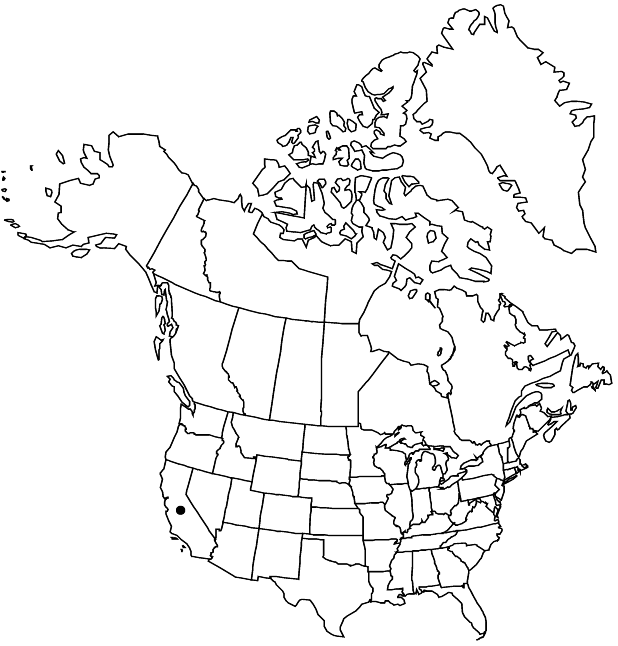Difference between revisions of "Arctostaphylos imbricata"
Proc. Calif. Acad. Sci., ser. 4, 20: 149. 1931 ,.
FNA>Volume Importer |
FNA>Volume Importer |
Revision as of 20:30, 24 September 2019
Shrubs, prostrate or mat- or mound-forming, 0.1–1 m; burl absent; twigs densely fine-hairy with long, gland-tipped hairs. Leaves: petiole to 2 mm; blade light green, dull, orbiculate to orbiculate-ovate, 2.5–4 × 2–3 cm, base auriculate-clasping, margins entire, plane, surfaces papillate, ± scabrous, sparsely glandular-hairy. Inflorescences panicles, 3–5-branched; immature inflorescence pendent, (branches densely clustered, ± sessile), axis 0.5–1 cm, 1+ mm diam., densely fine-hairy with long, gland-tipped hairs; bracts appressed, leaflike, ovate, 5–10 mm, apex acute, surfaces glandular-hairy. Pedicels 3–5 mm, densely glandular-hairy. Flowers: corolla white, urceolate; ovary densely glandular-hairy. Fruits depressed-globose, 6–7 mm diam., glandular-hairy, (± viscid). Stones distinct. 2n = 26.
Phenology: Flowering winter–early spring.
Habitat: Maritime chaparral on sandstone outcroppings
Elevation: 100-200 m
Discussion
Of conservation concern.
Arctostaphylos imbricata occurs on San Bruno Mountain in San Mateo County. It is in the Center for Plant Conservation’s National Collection of Endangered Plants.
Selected References
None.
